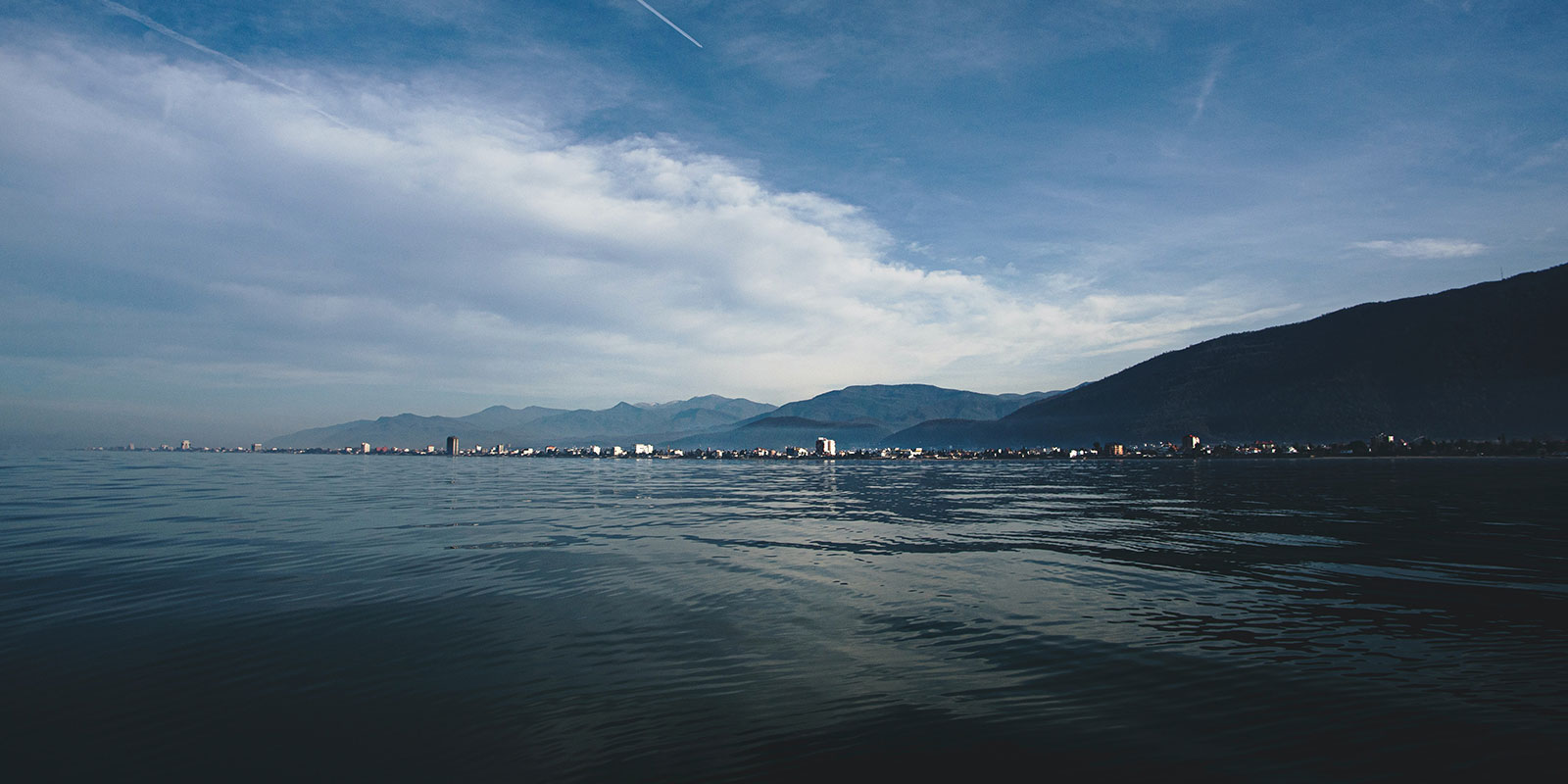Lakes are some of nature’s most impressive features — whether you’re boating across a calm cove, fishing for trophy bass, or cruising past vast, foggy shorelines that feel more like the sea than a lake. But when it comes to the biggest of the big, one lake rises above the rest — literally and figuratively.
Lakes have been used for thousands of years for travel, commerce, and in recent centuries for recreation. From commercial fishing to shipping, modern industry and power generation, lakes large and small have benefitted us the world over. The largest lakes take on a life of their own, creating an ocean-like atmosphere with large sustainable fisheries and major ports.
So, what is the largest lake in the world? The answer might surprise you.
What is the largest lake in the world?
The Caspian Sea is officially the largest lake in the world, and the competition isn’t even close. Despite its name, it’s technically a lake — an enclosed inland body of water with no outflow.
Where is the Caspian Sea?
The Caspian Sea borders five countries:
- Russia
- Iran
- Kazakhstan
- Turkmenistan
- Azerbaijan
Its sheer size is mind-blowing — roughly the same surface area as Germany or Japan. It covers 143,000 square miles (371,000 km²) and holds a whopping 40% of the world’s inland water.
Is the Caspian Sea a Lake or a Sea?
Good question. It’s called a “sea” because it’s salty, but it’s technically a lake because it’s landlocked. The Caspian is a remnant of an ancient ocean and still contains about 1.2% salinity — about a third as salty as the ocean.
Three Regions of the Caspian Sea
Like the ocean, the Caspian has depth zones:
- North Caspian: Shallow continental shelf
- Middle Caspian: Avg. depth ~620 feet
- South Caspian: Ocean-like depths, up to 3,300 feet
Life & Industry on the Caspian
The Caspian Sea is home to the prized Beluga sturgeon, the source of the world’s finest caviar. It’s also a hub for oil and gas production, which has led to environmental challenges and severe pollution in some areas.
Top 5 Largest Lakes in the World by Surface Area
| Lake Name | Location | Surface Area (mi²) |
|---|---|---|
| 1. Caspian Sea | Asia | 143,000 |
| 2. Lake Superior | North America | 31,700 |
| 3. Lake Victoria | Africa | 26,600 |
| 4. Lake Huron | North America | 23,000 |
| 5. Lake Michigan | North America | 22,000 |
Top 5 Largest Lakes in the World by Volume
| Lake Name | Location | Volume (mi³) |
|---|---|---|
| 1. Caspian Sea | Asia | 18,800 |
| 2. Lake Baikal | Asia (Russia) | 5,700 |
| 3. Lake Tanganyika | Africa | 4,500 |
| 4. Lake Superior | North America | 2,800 |
| 5. Lake Malawi | Africa | 1,850 |
Fun Fact:
Lake Baikal is the deepest lake in the world, reaching over 5,300 feet — and it holds more freshwater than all the U.S. Great Lakes combined!
While you might not be planning a trip to the Caspian Sea anytime soon, there are plenty of massive lakes around the U.S. and the world that offer unforgettable experiences — from Lake Superior to Lake Tahoe, Lake Victoria to Lake Tanganyika.








3 Comments